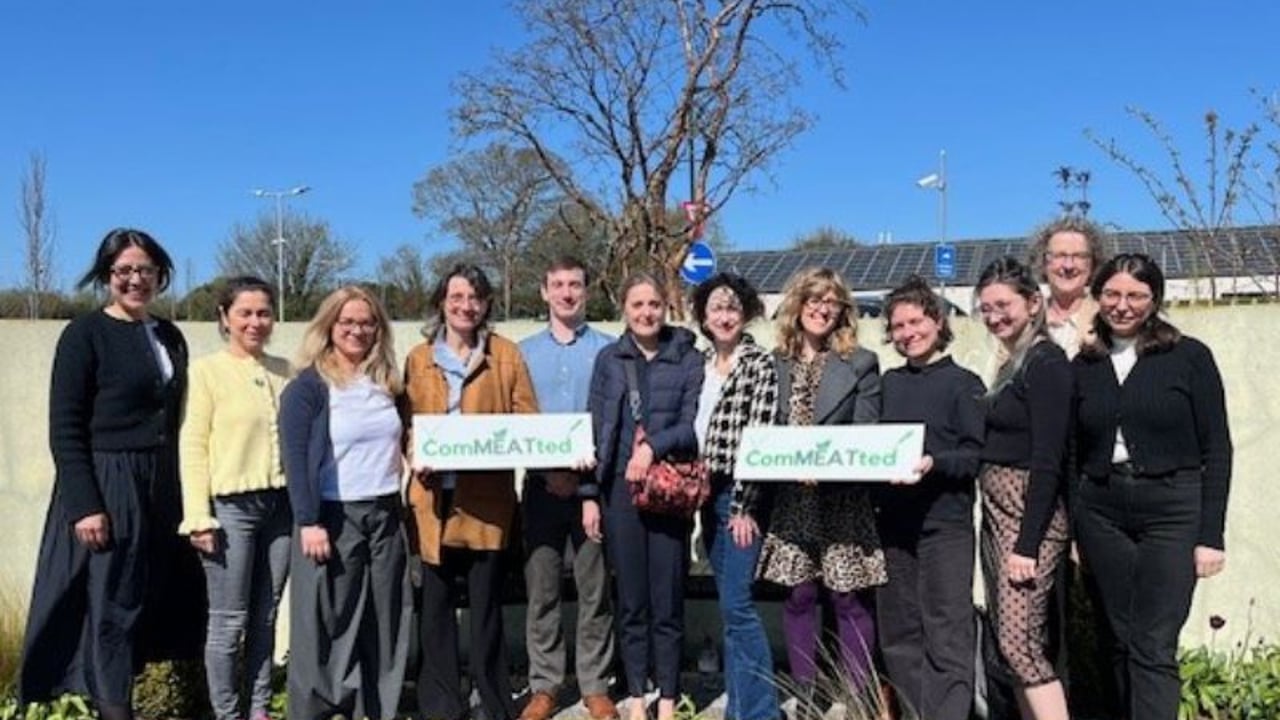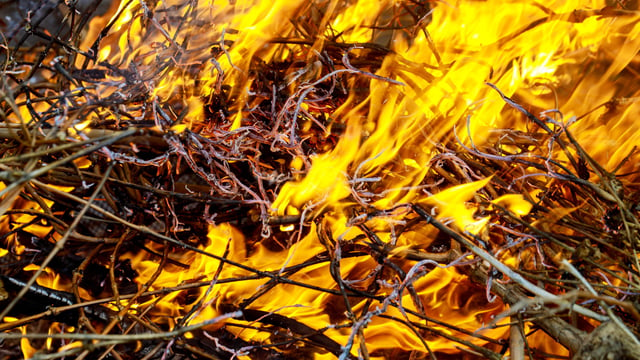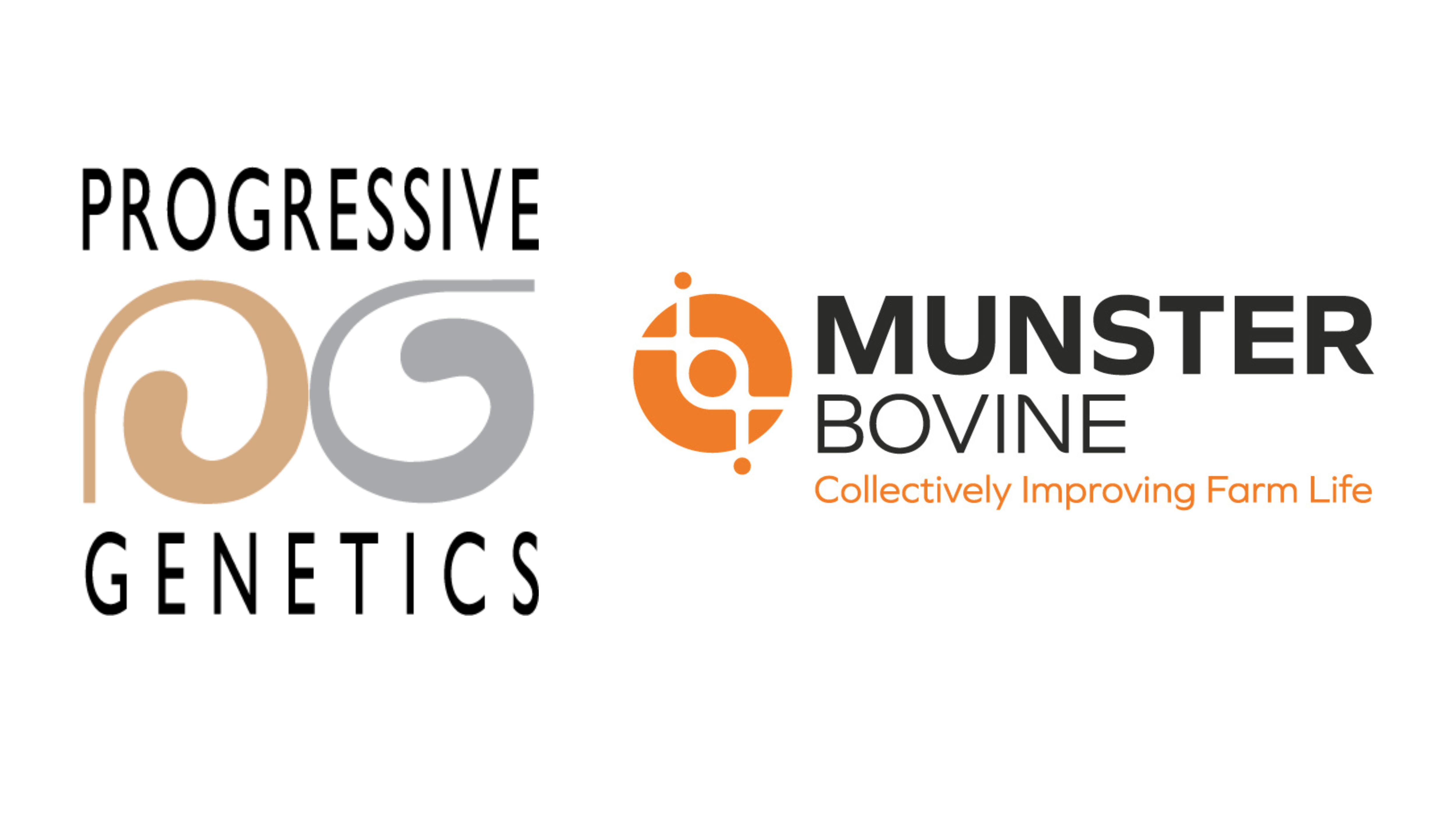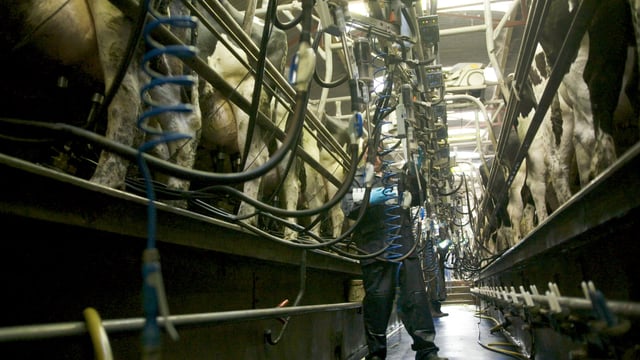Global scientists gather in Dublin on meat alternatives in European diets
A group of scientists from around the world met in Dublin this week to discuss the possible future role of meat alternatives in European diets.
The meeting was held as part of an EU research project known as ComMEATted, which examines the conditions under which consumers may consider introducing more meat alternatives into their diets.
Representatives from five European partner organisations, including Teagasc and University College Cork (UCC), attended the meeting.
The discussions centred on a series of recent stakeholder interviews conducted across Europe, capturing perspectives on both traditional and alternative protein production.
Prof. Maeve Henchion of Teagasc said: “Ireland is a major producer and exporter of dairy and beef, and while beef, sheep meat and dairy markets are very strong at the moment, we must understand how meat alternatives are perceived. Perspectives vary across individuals, organisations, and different types of proteins.
"Through research conducted by Teagasc and UCC in Ireland, alongside insights from key export markets gathered by ComMEATed research partners, we aim to deepen our understanding of this market and policy landscape," Henchion added.
Teagasc believes the event highlighted the diversity of opinions across the five participating countries.
However, according to the agricultural authority, while common themes emerged, there is no consensus on what a transition towards more meat alternatives could look like.
Following the event, Dr. John Feely from Teagasc said: “Irish farmers and food processors are both pragmatic and socially conscious.
"They run businesses and they want those businesses to succeed. At the same time, they want to preserve farming within Ireland’s rural communities.
"Some meat alternatives may help to achieve these dual goals, others may not. This suggests that meat alternatives may have a place in Ireland’s future, but it is important to identify which ones offer the largest benefits to Irish society as a whole.”
According to Teagasc, ComMEATted will continue its research by exploring consumer behaviours in relation to these products, as well as the regulatory framework around the production in Europe.





